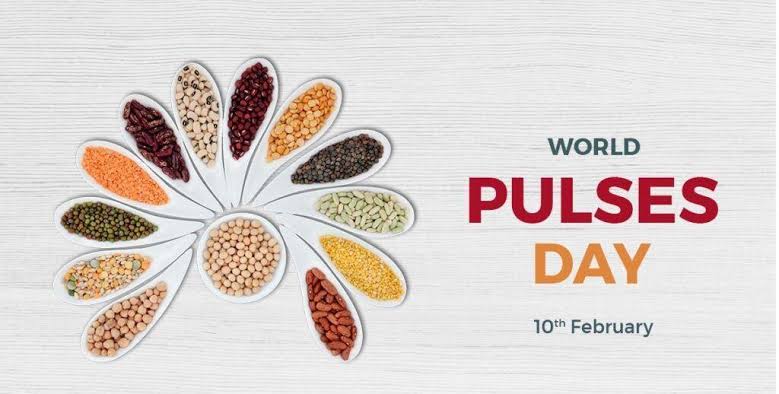Every February 10, the world turns its attention to one of nature’s most powerful yet overlooked food sources—pulses. Beans, lentils, chickpeas, and peas may be small, but their impact on human health, global food security, and the environment is enormous. Recognized by the United Nations General Assembly in 2019, World Pulses Day is not just a celebration but a global movement aimed at tackling hunger, improving nutrition, and promoting sustainable agriculture.
Pulses are true nutritional powerhouses, packed with protein, fiber, essential vitamins, and minerals, all while being low in fat. In regions where meat is expensive or scarce, these crops provide an affordable and sustainable protein alternative, making them a vital part of diets worldwide. In Nigeria, where economic constraints often limit dietary diversity, pulses play a critical role in combating malnutrition and filling nutritional gaps. Their ability to provide essential nutrients at a low cost makes them a game-changer for public health.
Read Also: Federal Ministry of Health launches “Honor Campaign” to celebrate Nigeria’s medical pioneers
Beyond nutrition, pulses are silent warriors in the fight against climate change. Unlike other crops, they naturally fix nitrogen into the soil, reducing the need for chemical fertilizers that contribute to environmental pollution. By enriching soil fertility and promoting biodiversity, pulses support long-term agricultural sustainability while lowering greenhouse gas emissions. Growing and consuming more pulses is not just good for our bodies but also for the planet.
Economically, pulses provide lifelines for millions of smallholder farmers, especially in developing countries. Their resilience against harsh weather conditions and minimal input requirements make them a reliable cash crop. With global demand for pulses on the rise, countries like Nigeria have the opportunity to tap into international markets, boosting local economies and providing jobs for rural communities.
Culinary diversity is another reason to celebrate pulses. From Nigeria’s beloved moi moi and akara to India’s flavorful dal and Mexico’s refried beans, pulses are an essential ingredient in countless global cuisines. World Pulses Day is a chance to rediscover these dishes, explore new recipes, and embrace their versatility. By increasing awareness of pulse-based meals, we can inspire healthier eating habits and cultural appreciation through food.
Despite their many benefits, pulses still face challenges, including limited awareness, insufficient research investments, and trade barriers. World Pulses Day serves as a crucial platform for advocacy, pushing for policies that support pulse farming, increase consumer education, and integrate these crops more prominently into global food systems. Addressing these barriers will be essential for unlocking the full potential of pulses in achieving food security.
The celebration of pulses goes beyond just one day—it’s about fostering long-term change. Governments and organizations worldwide are encouraged to invest in pulse-based school feeding programs to fight child malnutrition, support innovative food products that make pulses more appealing to younger generations, and fund research to develop climate-resistant pulse varieties.
World Pulses Day is not just about acknowledging the significance of these tiny but mighty crops—it’s a call to action. It challenges us to rethink our food choices, advocate for policies that support sustainable farming, and recognize pulses as a vital solution to some of the world’s biggest problems. As we mark this global event, let’s commit to incorporating more pulses into our diets, supporting local pulse farmers, and driving conversations about food security and sustainability. The future of food depends on it!






